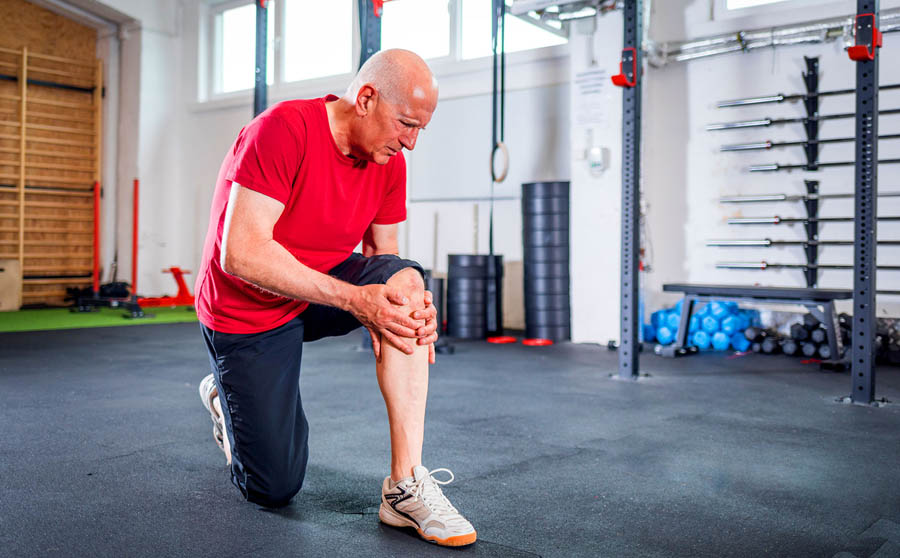
12 Feb 4 Ways to Help Yourself Heal—Don’t Just Wait to Get Better
Healing isn’t passive. It’s not something that just happens while you sit, wait, and hope. Recovery—whether from illness, injury, or stress—demands action. The body is wired for healing, but it needs your help. Here’s how to step in and take control.
Move—Even When You Don’t Want To
Rest has its place, but too much stillness slows recovery. Movement boosts circulation, sends oxygen to tissues, and prevents stiffness from setting in. Even small, gentle activity can make a difference.
- Recovering from an injury? Try range-of-motion exercises—tiny movements to keep joints from locking up.
- Battling fatigue? A short walk can wake up your body more than an extra hour in bed.
- Feeling overwhelmed? Stretch. Breathe. Let movement flush out tension.
Pain and stiffness love stagnation. Motion is medicine.
Feed Your Body What It Needs
You wouldn’t expect a car to run without fuel. So why expect your body to heal without the right nutrients? Food isn’t just fuel—it’s raw material for repair.
- Protein builds and repairs tissues.
- Healthy fats fight inflammation.
- Vitamins and minerals (like vitamin C, D, and magnesium) speed up healing.
On the flip side, processed foods, excess sugar, and inflammatory oils? They drag healing to a crawl. Every meal is a chance to rebuild—or to slow yourself down. Choose wisely.
Sleep Like It’s Your Job
Sleep isn’t just rest. It’s biological repair mode. When you sleep:
- Growth hormones kick in, rebuilding tissues.
- The immune system strengthens.
- The brain flushes out toxins, keeping you sharp.
Cutting sleep short is like pausing construction halfway through a project—things don’t get finished. Aim for deep, uninterrupted sleep. And if you struggle, try turning off screens early, keeping a cool room, and setting a routine.
Because no supplement, no treatment, no shortcut can replace the power of real sleep.
Manage Stress Before It Manages You
Stress doesn’t just wear you down mentally—it slows physical healing too. High cortisol levels weaken the immune system, delay tissue repair, and keep inflammation high.
But you can fight back.
- Breathe deeply—long exhales tell your nervous system to calm down.
- Laugh more—yes, really. Laughter reduces stress hormones.
- Take breaks—overworking yourself won’t speed up healing. It does the opposite.
Healing isn’t just about what you do—it’s also about what you let go of.
Conclusion
Waiting to feel better? That’s a gamble. Taking action? That’s power.
Your body is always working to heal—but you can work with it or against it. Move. Eat well. Sleep deeply. Reduce stress. Small choices add up. And before you know it, you’re not just waiting to heal—you’re making it happen.
